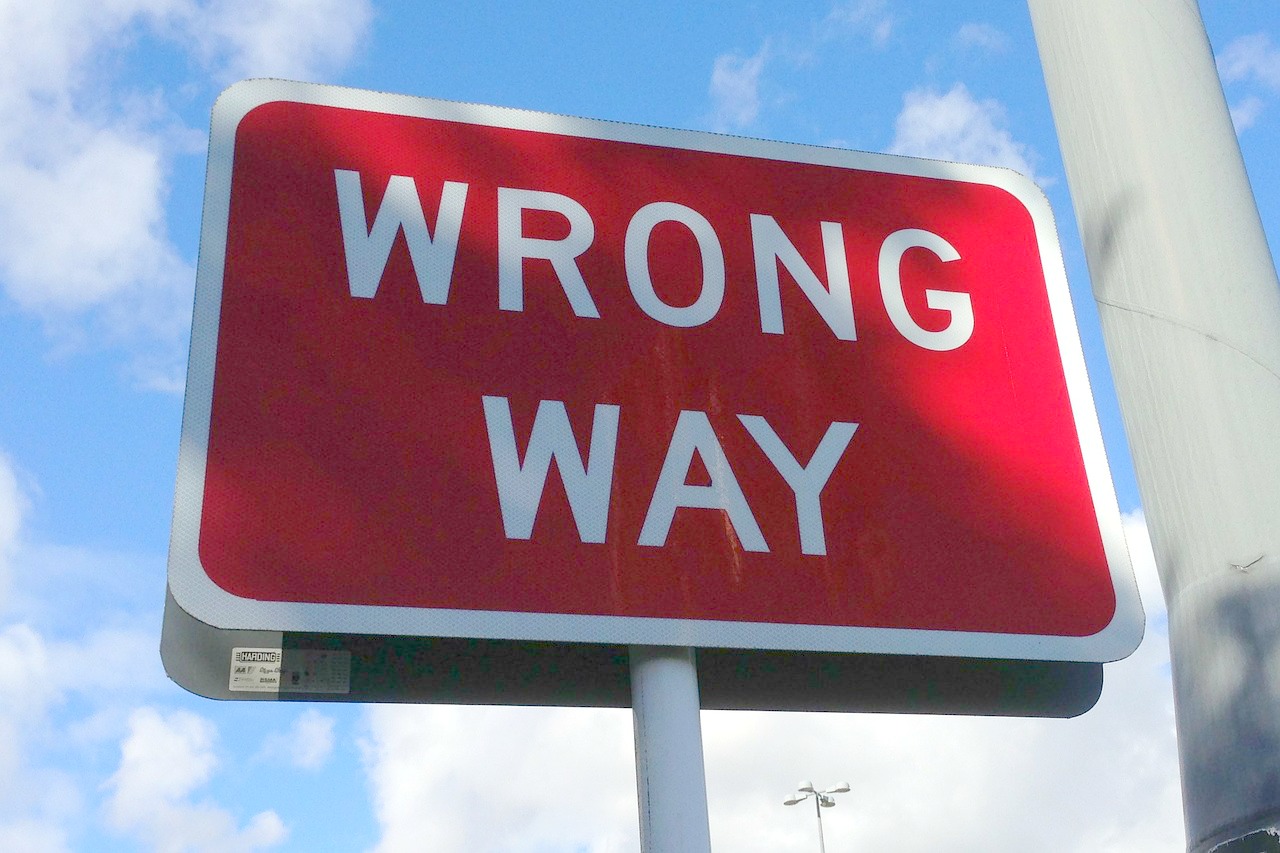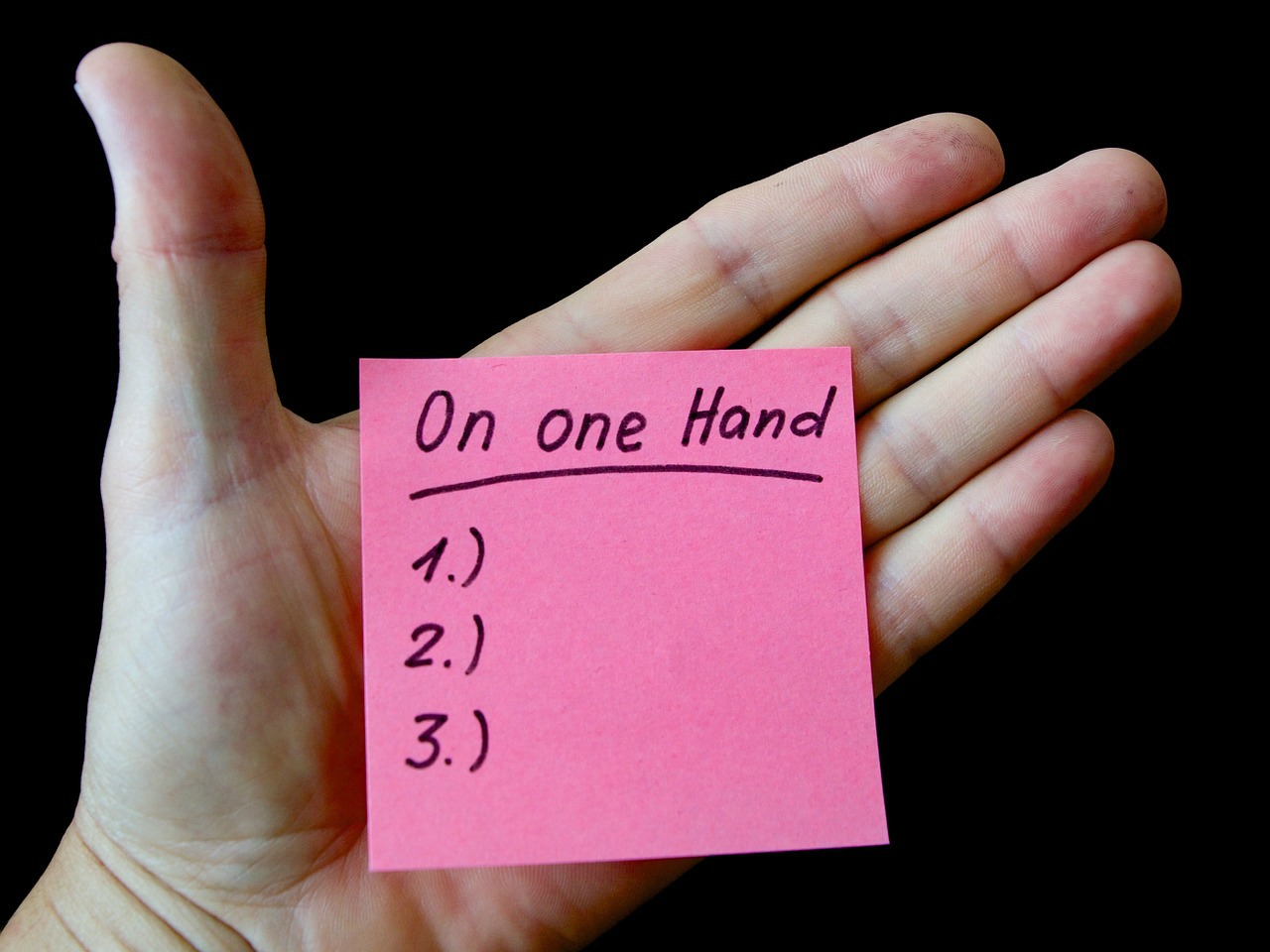Are you an introvert?
If you need a healthy dose of quiet time every day and spend your weekends recharging at home in order to gear up for the work week, if you avoid small talk and maintain a small circle of friends, chances are you’ve answered that question with a quiet Yes.
I was nearly 50 years old before I realized that I’m not anti-social, rude, misanthropic, or in need of rehabilitation. There is, in fact, nothing wrong with me. I’m just an introvert.
So I’d like to speak on behalf of my people and explain a few things to the extroverts out there–or, at least, those who believe that introverts are merely people who need help to fully realize their human potential.
We have the right to remain silent.
Introverts are used to being asked “What’s wrong?” and “Why are you being so quiet?” But silence is simply our default mode. If I’m not talking, it’s because I have nothing to say. Or I’m listening. Or maybe I’m reflecting on something someone else just said. Perhaps I’ve learned something and I’m thinking about how this changes my world view.
Whatever the reason, your introverted friend being quiet does not indicate a problem that needs to be solved.
We have the right to hit Ignore.
This is a correlative of the right to remain silent. I’m highly unlikely to answer my phone unless I’m positive it’s a.) an emergency or b.) important information that I’m expecting. Otherwise, my reply will come in the form of a text or email.
That quiet roar you hear in the background is the sound of introverts around the world cheering the fact that most people are moving in this direction. (It’s rare that an introvert gets to feel “normal,” so we’ll celebrate our victories when we can.)
We have the right to maintain our privacy.
When an introvert is going through a difficult time—the death of a family member, for instance, or a serious illness—chances are they’ll talk about it only with those closest to them. If I’m not opening up to you, that doesn’t mean your friendship is unimportant. It doesn’t mean your expressions of concern are unappreciated. If I change the subject after thanking you for your concern, understand that privacy is the introvert’s primary coping mechanism. It’s a way of keeping the world small and manageable.
But please, keep expressing your concern. Nobody wants to feel alone in a difficult moment–even those of us who generally enjoy our solitude.
We have the right to take care of ourselves.
Especially in the kinds of situations mentioned above. Think about this when you’re tempted to tell your introverted friend something like “You just have to let people take care of you.”
Actually, I don’t. It’s not my job to let people take care of me so they can feel better–especially if doing so will make me feel worse. Often, the best way to take care of an introvert is to give them some space.
We have the right to decline without judgement.
To the extrovert, the prospect of a night at home alone sounds like being sentenced to solitary confinement. To the introvert, it sounds like a perfect evening.
If an introvert declines a social invitation, this doesn’t mean she’d rather go to prison than hang out with you. It means you’ve caught her in a moment when doing anything other than being alone for a while sounds impossible. (Admittedly, we have a lot of these moments.) But please, keep asking. Eventually you’ll catch your introverted friend in a moment of needing connection.
Many introverts struggle through those moments because our friends have given up on us. That’s understandable–but even introverts love and need to hang out with our friends once in a while.
If you’re an introvert, you already know how difficult it is to make the people in your life feel valued. It’s tough to balance the need to be alone with a friend’s need to feel valued and appreciated. But if you’re one of the many people who loves an introvert, please trust that we return your affection. We just need to express it in our own quiet way.





No Comments